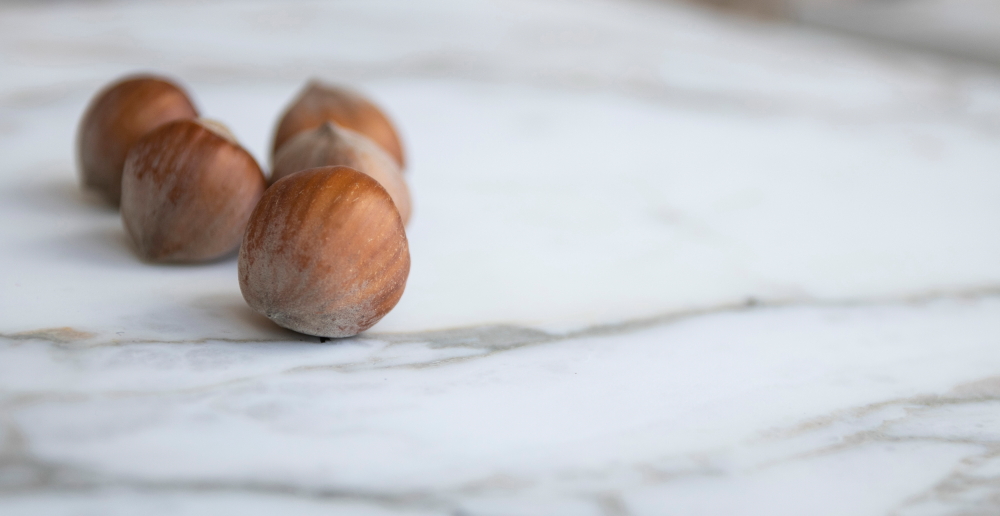how to clean and maintain natural stone worktops?
Before choosing the right material for your project, it is necessary to consider not only what the product will be used for, but also how often its surface will come into contact with liquids, and how much time and effort you want to devote to its maintenance.
Granite, marble, travertine or any other natural stone is porous. The porosity of natural stone means that liquids can penetrate into the surface and stain it. Natural stone will need special care to prevent staining.
Manufacturers of natural stone worktops recommend the use of sealants to protect them. Stone products should be sealed regularly, approximately every 12-24 months, depending on stone type. Each type of stone has different porosity, and therefore requires different maintenance. Artificial stone materials have very little or no porosity, and therefore will require less maintenance.
Liquid sealants are commonly used to seal natural stone surfaces. These penetrate into the stone, fill the pores, and stay there (lock them). This makes the surface impermeable to water and grease. Some stone sealers are also colour enhancers, which not only protect the surface but also give the stone a brighter appearance.
Sealed stone surfaces should be cleaned with neutral pH cleaners. Acidic cleaners break down the sealant and thus can stain marble, limestone, sandstone and travertine. Acids etch natural stone (dissolving its calcium particles), which can cause the polished surface to become dull. Acids are even more damaging to untreated stone surfaces, therefore cleaners should be chosen with particular care. Artificial stone types are more resistant to acids, the majority can be cleaned with ordinary dishwashing liquid.
Polished natural stones are particularly susceptible to minor scratches. Onyx, marble and exotic stones are the most susceptible (because they are relatively soft). Many minor scratches make such worktops dull. Artificial quartz stone and sintered stone materials are more resistant to scratches.

